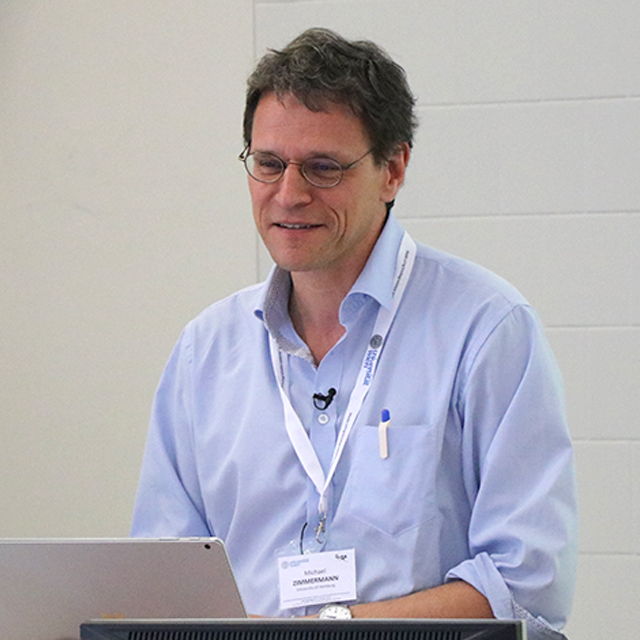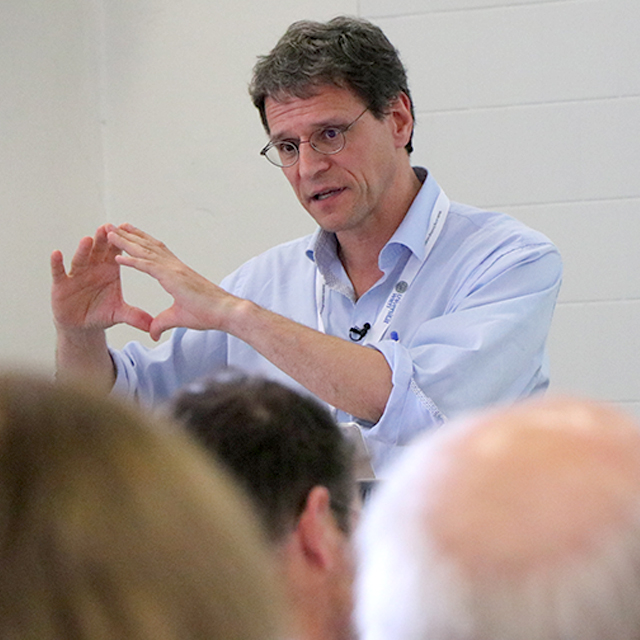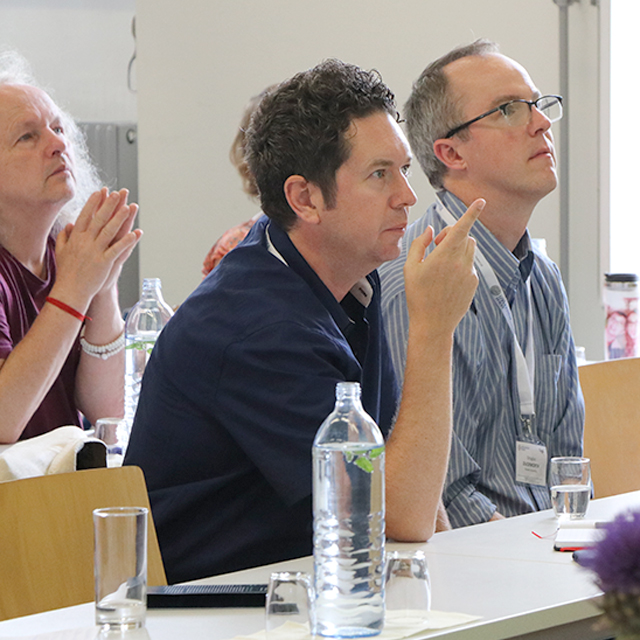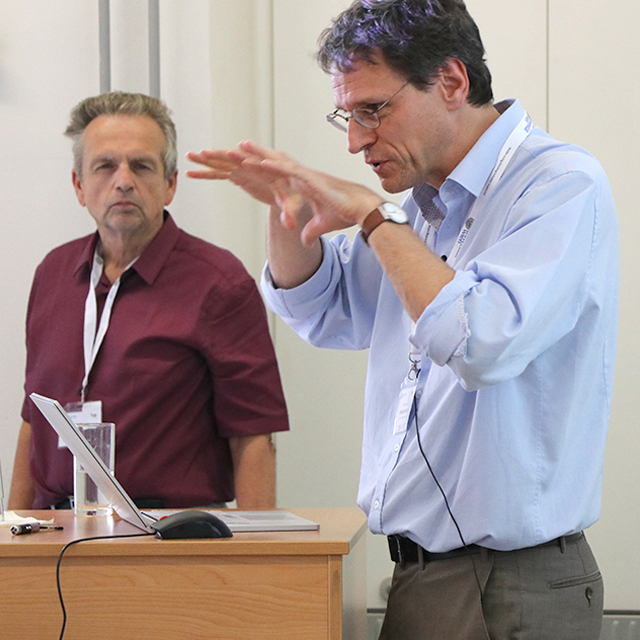New research on the concept of buddha-nature in India: the beginnings
The idea that all living beings carry a buddha embryo within themselves or already have full-fledged buddha-nature is one of the most pervasive ideas in the history of Buddhist thought. Buddhist thinkers have been struggling with the different concepts based on such a thought and its meanings for soteriology and spiritual training. In the 1990s the traditions that promote the idea of buddha-nature were heavily criticized and denounced as being non-Buddhist by a Japanese group of scholars who thought of themselves as “true” followers of Buddhism which, so they claimed, always must be “critical” with regard to its underlying philosophical structure. Such normative claims have lost their pervasive power nowadays. During the last decade, research on the earliest history of buddha-nature thought in India has gained a new momentum. Early texts promoting buddha-nature thought in India have been reconsidered and new theories with regard to the origins of the theory of buddha-nature were formulated.
The talk will summarize some of these new findings and discuss possible reasons for why the idea that all sentient beings have buddha-nature possibly made its appearance. It will be argued that the idea is an integral part of Buddhist intellectual history and that it can be linked to other concepts found in older Buddhist writings.
Event: Vienna Symposium 2019 – Paper Presentation
Date: July 19, 2019 – 3:15 pm
Speaker: Michael Zimmermann
Topics: Buddha Nature, History, India

Michael Zimmermann
University of Hamburg
Michael Zimmermann studied Classical Indology, Tibetology and Japanese Studies at the University of Hamburg and earned his doctorate with a thesis on the origin of the teaching of buddha-nature in India. He spent several years studying at universities in Kyoto and Tokyo; later he worked for the Nepalese-German Manuscript Preservation Project of the German Research Foundation in Hamburg and Kathmandu, where from 2002 to 2003 he also headed the Nepal Research Center. After four years as assistant professor in the Department of Religious Studies at the University of Stanford (USA) and as director of the Stanford Center for Buddhist Studies, in 2007 he became professor for Indian Buddhism at the Asien-Afrika-Institut of the University of Hamburg. His research focus is Indian Mahayana Buddhism in all its forms of expression, but in particular its textual history based on the canonical traditions in India, Tibet and China. He also deals with questions of Buddhist ethics such as the relationship of Buddhism to governance and violence. Another of his interests are the developments regarding contemporary Buddhism in East and West. Zimmermann co-directs the Numata Center for Buddhist Studies at Hamburg University, an institutional forum promoting teaching, research, dialogue, academic exchange and public outreach in Buddhist Studies.





